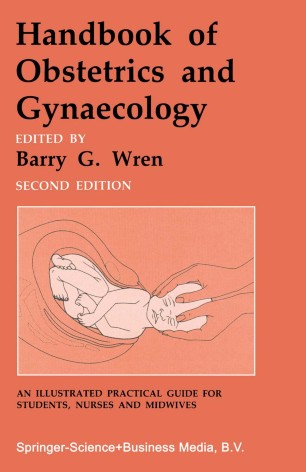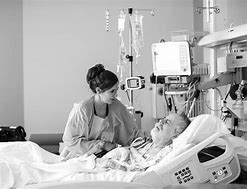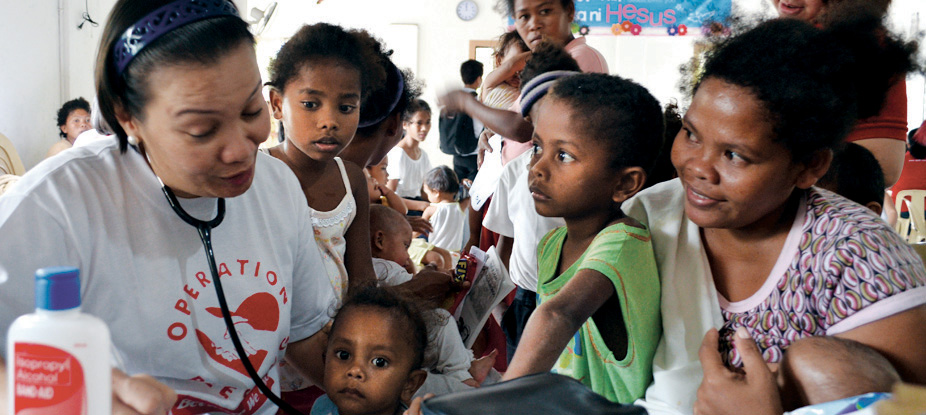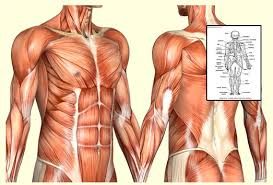COURSE STATUS: FULL COURSE
COURSE HOURS: 516
THEORY: 96 hours
PRACTICAL: 420 hours
COURSE AIM:
To equip students with knowledge and skills in Integrated Reproductive Health to enable them provide comprehensive services that will meet clients health needs.
COURSE OBJECTIVES
At the end of the course, student should be able to:
1. Define the concept of Integrated Reproductive Health
2. Discuss the components of Integrated Reproductive Health
3. Manage clients using principles of PPTCT
4. Identify problems associated with Reproductive Health
5. Manage and prevent problems associated with Reproductive Health
6. Identify and offer appropriate interventions to clients requiring EMONC









